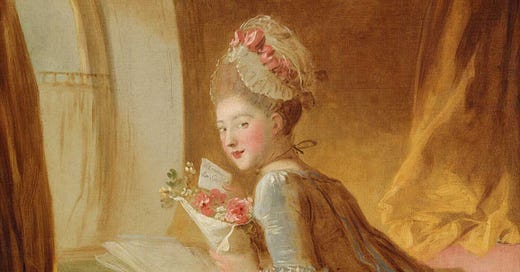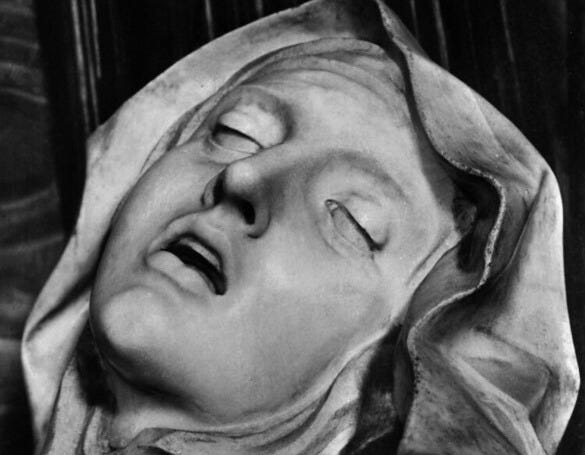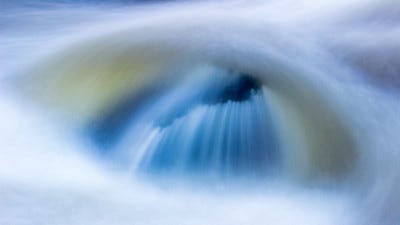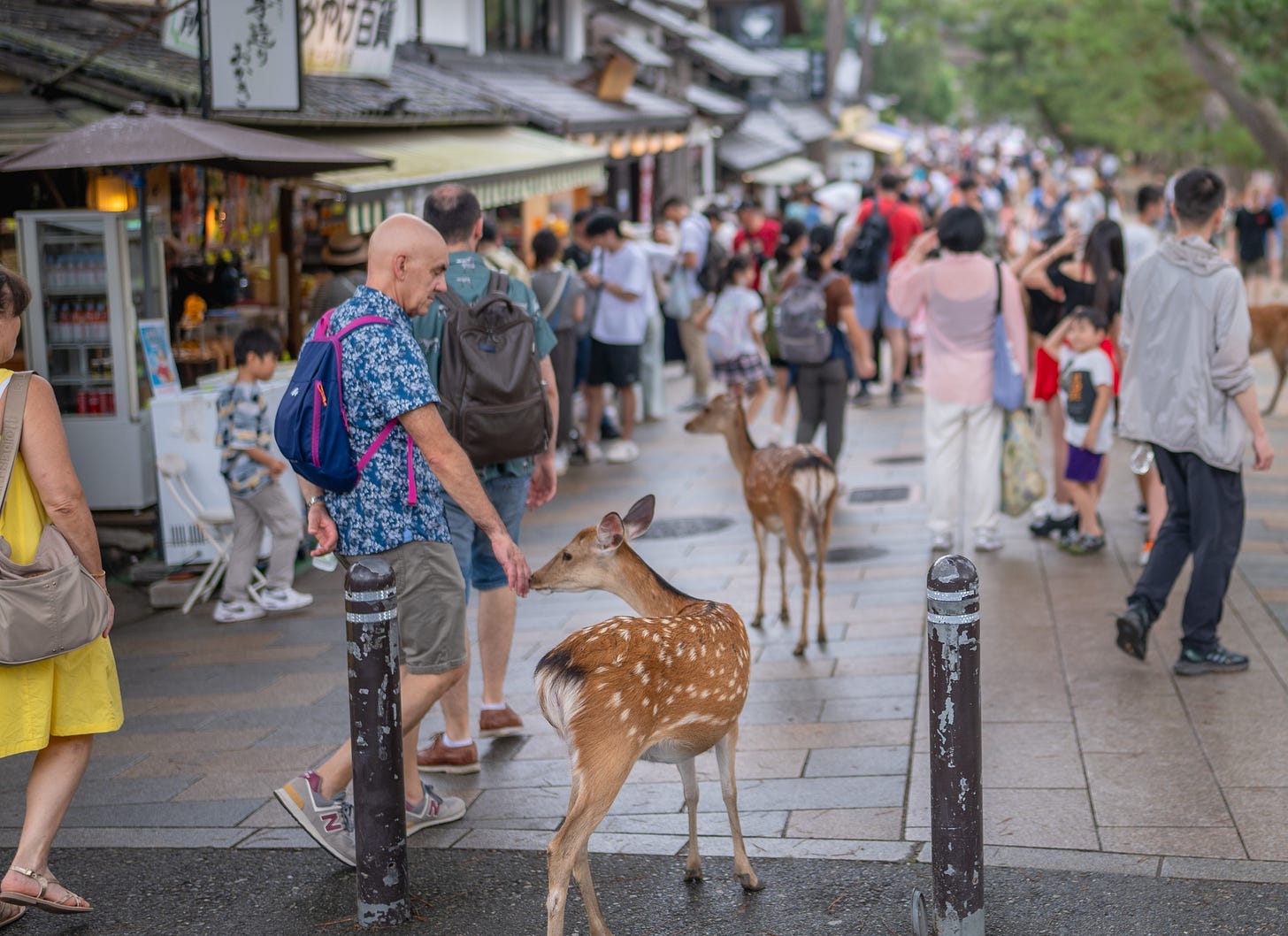This week at Public Seminar, our critics find spirituality in unexpected places.
In Ethel Cain’s new album, Mikayla Emerson writes, God and self-gratification go hand in hand. Carina Filemyr interviews Sarah V. Schweig about writing poetry toward “the Great Unity.” Mairéad O’Donnell delves into the reimagined human-nature relationships of Laura J. Martin’s Wild by Design. And Madeleine Adams reviews Ada Calhoun’s novel, Crush, in which a people-pleasing narrator conflates flirtation with book blurbs—and desire with divine inspiration.
God Bless Perverts
Mikayla Emerson
Those expecting the new Ethel Cain album to pick up where its predecessor left off will find Perverts frustrating. Released on January 8, 2025, under Cain’s label, Daughters of Cain, Perverts festers around the same themes of abuse and the longing for escape, but there are no distinct characters here, only unnamed narrators like the “vacillator” or the “onanist.” The nine-track album wails and wanes through its 91-minute run, titillating between hammering, almost surgical, instrumentals and Cain’s wistful swan-song vocals. In Perverts, sex is a source of trauma and disgust; perhaps more surprisingly, so is the search to be closer to God. Between narrators unable to escape the cycle of abuse and narrators who seek spirituality to the point of sickness, the listener may begin to wonder: Who’s the pervert?
Blurb Me
Madeleine Adams
Crush is a book about promoting a book. Author Ada Calhoun opens the novel (Viking, 2025) with an explanation: The unnamed narrator has always had crushes that have never made her stray from her marriage, a quality that also has served her well in her work as a ghostwriter. A one-sided relationship is just fine, whether she’s making eyes at someone without ever making a move or throwing her energy and talents into supporting a book published under someone else’s byline. She assures us that she is “truly satisfied letting other people take credit.” And the fact that her husband Paul’s “artist’s life,” which involves a lot of dabbling in sculpture and guitar, is also definitely not a source of resentment.
Can Poetry Still Unite Us?
Carina Filemyr and Sarah V. Schweig
Sarah V. Schweig: I don’t want to fall back on lines or images that sound like something I would write. I’m skeptical of the inauthenticity of that, and I think it’s very easy as an artist to end up imitating yourself. I write a lot of poems that I throw away precisely because of that. I don’t want to just feed this machine of creative work. I want each thing I do to be grappling with a different inscrutable thing that emerges in experience.
“Years went by that I didn’t notice the sky / until I glimpsed the sky in the stream of images / I thumb through from time to time.” Read “The Blue House,” from Sarah V. Schweig’s new poetry collection.
Reimagining Ecological Repair
Mairéad O’Donnell
The Disney Wilderness Preserve in Florida began as a corporate-led initiative to counteract wetland destruction caused by Disney’s expansion in the Orlando area. Launched in the early 1990s, the project aimed to restore nearly 12,000 acres of wetlands and uplands degraded by decades of cattle ranching, fire suppression, and hydrological disruption. By removing invasive species, reintroducing controlled burns, and restoring natural water flow, The Nature Conservancy, in partnership with state and federal agencies, has protected and rehabilitated the area’s ecosystems, habitats, and biodiversity. At first glance, the Disney Wilderness Preserve project appears successful. But who gets to define that success?







